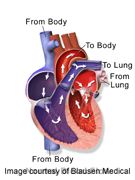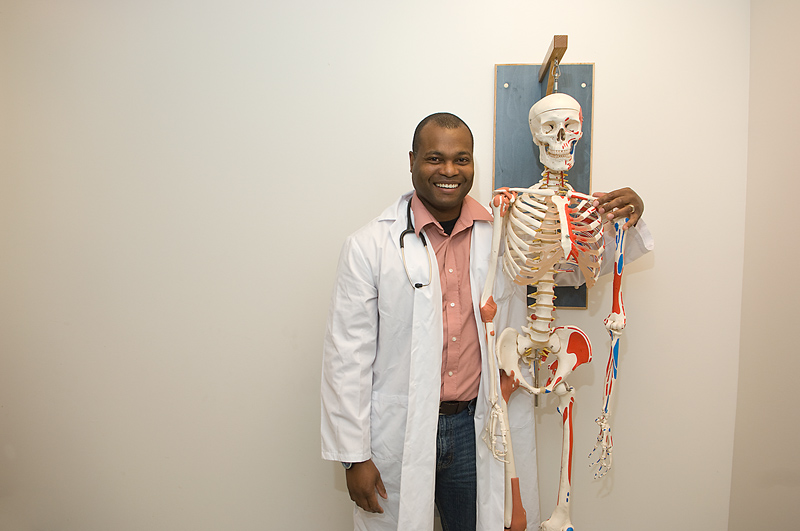
WEDNESDAY, March 14 (HealthDay News) — A protein involved in inflammation appears to play a role in the development of coronary heart disease, new research indicates.
Coronary heart disease — also known as hardening of the arteries — is caused by plaque build-up in the small vessels that supply blood and oxygen to the heart.
The new findings suggest that drugs that target the protein interleukin-6 receptor (IL6R) in the body might help prevent coronary heart disease. One such drug, tocilizumab, is currently used to treat rheumatoid arthritis.
The articles appeared online March 13 in The Lancet.
In one analysis, researchers reviewed data from more than 200,000 people in 82 studies and found that those with a genetic variation of IL6R that dampens inflammation had a reduced risk of heart disease.
For each inherited copy of the genetic variation Asp358Ala, a person had a 3.4 percent reduced risk of coronary heart disease.
“These results support the inflammation hypothesis in coronary heart disease and encourage exploration of modulation of IL6R pathways as a means to prevent coronary heart disease,” wrote researchers from the IL6R Genetics Consortium and Emerging Risk Factors Collaboration.
In the second analysis, researchers reviewed data from more than 133,000 people in 40 studies and found a 5 percent reduced risk of coronary heart disease for each inherited copy of the Asp358Ala variant.
“IL6R blockade could provide a novel therapeutic approach to prevention of coronary heart disease that warrants testing in suitably powered randomized trials,” wrote the researchers with the IL6R Mendelian Randomization Analysis Consortium.
“Collectively, these large-scale and highly consistent results lend strong support to the concept that inhibition of inflammatory pathways is an attractive strategy to reduce cardiovascular risk,” Matthijs Boekholdt and Erik Stroes, from the Academic Medical Center in Amsterdam, Netherlands, wrote in an accompanying editorial.
More information
The U.S. National Heart, Lung, and Blood Institute has more about coronary heart disease.

